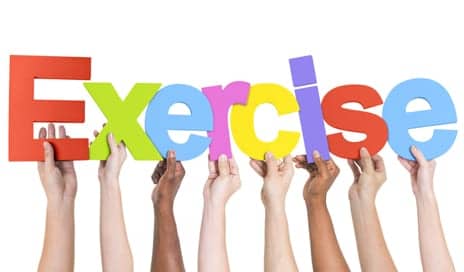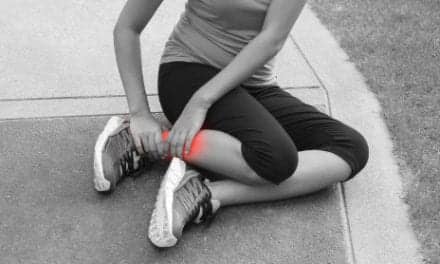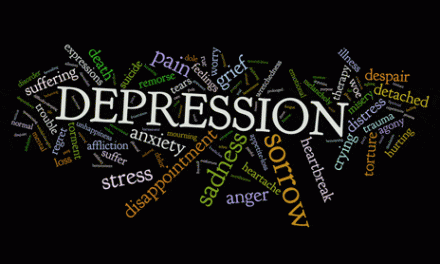Two separate studies suggest that the amount—or lack—of exercise in one’s life may affect the health of one’s brain.
In the first study, published recently in The Journal of Physiology, researchers from the University of Jyväskylä suggest that aerobic exercise increases the hippocampus’ neuron reserve, and thus improves preconditions for learning.
The team, from the Department of Psychology and from the Department of Biology of Physical Activity at the University of Jyväskylä, studied the effects of sustained running exercise, HIT, and resistance training on adult hippocampal neurogenesis in adult male rats.
Rats with a genetically high response to aerobic training (HRT) and those with a low response to aerobic training (LRT) were used, and a group of sedentary rats were used as a control group. The training period was 6 to 8 weeks.
The results indicate that the highest number of new hippocampal neurons was observed in rats that ran long distances and that also had a genetic predisposition to benefit from aerobic exercise: Compared to sedentary animals, HRT rats that ran voluntarily on a running wheel had 2-3 times more new hippocampal neurons at the end of the experiment. Resistance training had no such effect. Also the effects of HIT were minor. To conclude, only sustained aerobic exercise improved hippocampal neurogenesis in adult animals, explains a media release from the Academy of Finland.
In the second study, published in the online issue of Neurology, researchers from Boston University School of Medicine suggest that poor physical fitness in middle age may have an effect on one’s brain size later in life.
“We found a direct correlation in our study between poor fitness and brain volume decades later, which indicates accelerated brain aging,” says study author Nicole Spartano, PhD, with Boston University School of Medicine in Boston, in a media release from the American Academy of Neurology.
In the study, 1,583 people enrolled in the Framingham Heart Study, with an average age of 40 and without dementia or heart disease, took a treadmill test. They took another one 2 decades later, along with MRI brain scans. The researchers also analyzed the results when they excluded participants who developed heart disease or started taking beta blockers to control blood pressure or heart problems; this group had 1,094 people, the release explains.
The research team suggests that for every eight units lower a person performed on the treadmill test, their brain volume 2 decades later was smaller, equivalent to 2 years of accelerated brain aging. When the people with heart disease or those taking beta blockers were excluded, every eight units of lower physical performance was associated with reductions of brain volume equal to one year of accelerated brain aging.
The team also notes that people whose blood pressure and heart rate went up at a higher rate during exercise also were more likely to have smaller brain volumes 2 decades later.
“While not yet studied on a large scale, these results suggest that fitness in middle age may be particularly important for the many millions of people around the world who already have evidence of heart disease,” Spartano states in the release.
[Source(s): Academy of Finland, American Academy of Neurology, Science Daily]





